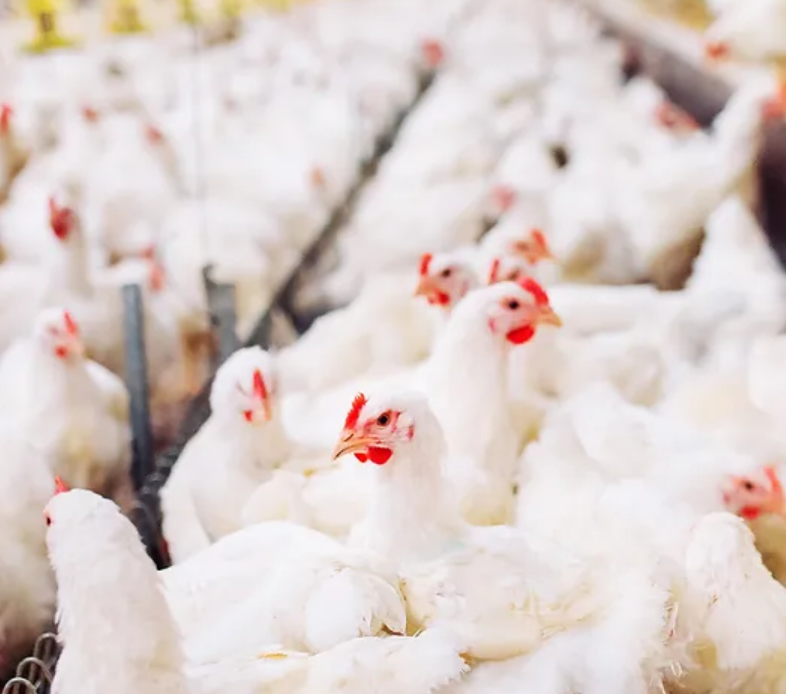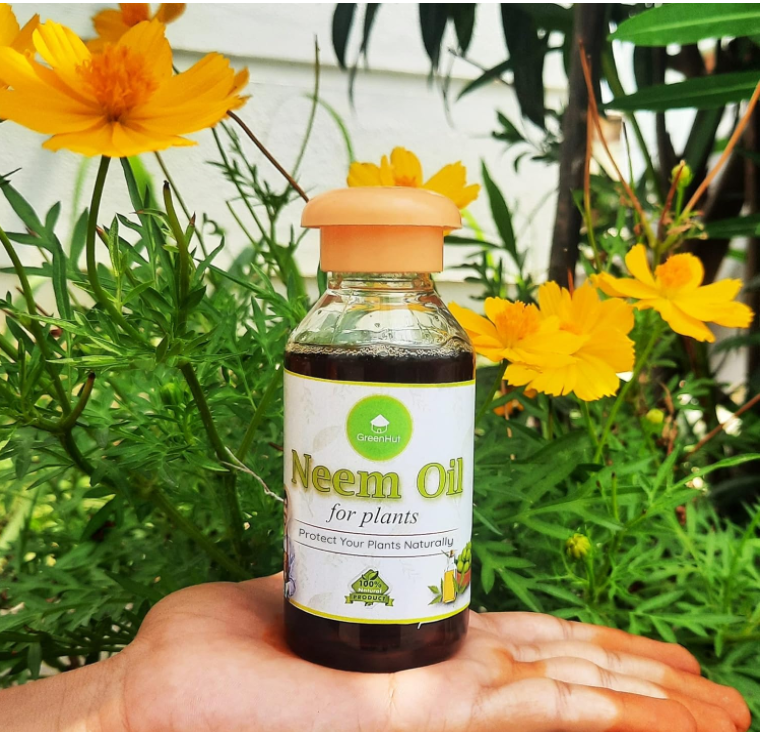- Understanding Fertilizers:
Fertilizers are substances added to the soil to enhance its fertility. They provide essential nutrients like nitrogen, phosphorus, and potassium (NPK), which are crucial for plant growth. - Best organic fertilizer suited for home gardening,
- Understanding Agricultural Boosters:
Boosters, on the other hand, are chemicals applied directly to plants. They are designed to improve plant resistance, accelerate growth, and enhance tolerance to environmental stressors. - Best plant booster suited for home gardening,
- Application and Frequency:
Fertilizers are applied to the soil and not directly to the plants. Their application is often less frequent and can be considered a one-time investment per crop cycle. Boosters, however, are applied as needed based on growth demands, making their use more recurring. - Cost and Economic Impact:
Fertilizers are generally cheaper and more cost-effective than boosters. Since fertilizers nourish the soil and have long-lasting effects, they provide a better return on investment for farmers in the long run. - Nutritional Contribution:
Fertilizers provide vital nutrients like nitrogen, potassium, and phosphorus, which are essential for healthy crop development. Boosters, however, do not supply these nutrients but act as an additional reserve to optimize plant growth. - Yield and Output:
While fertilizers support steady and healthy growth over time, boosters can enhance the speed of growth and increase yield in a shorter period. This makes boosters useful in situations where faster results and larger quantities are needed. - Population Growth and Agricultural Demand:
With the global population growing exponentially, the need for higher agricultural output is critical. Boosters can help meet this demand by enabling farmers to grow larger quantities in less time. - Quality vs. Quantity:
Boosters can increase crop yield and even extend the shelf life of produce, but they may sometimes involve the use of chemicals or preservatives, which can impact the quality of the product. Fertilizers, on the other hand, focus on improving the soil for long-term health of the crops. - Environmental and Ethical Considerations:
Fertilizers, when used responsibly, generally have fewer ethical concerns compared to boosters, which can occasionally interfere with natural processes. However, overuse of fertilizers with harmful chemicals can pose risks to both the environment and consumers.
Verdict – Fertilizers or Boosters?
Deciding between fertilizers and boosters depends on the needs of the crop and the farmer’s goals. Fertilizers offer sustained soil health and long-term benefits, while boosters are useful for rapid growth and higher yields. Both are essential tools in today’s agriculture, especially for genetically modified (GM) crops. Careful consideration of cost, benefits, and impact is crucial in making the right choice for sustainable farming.





